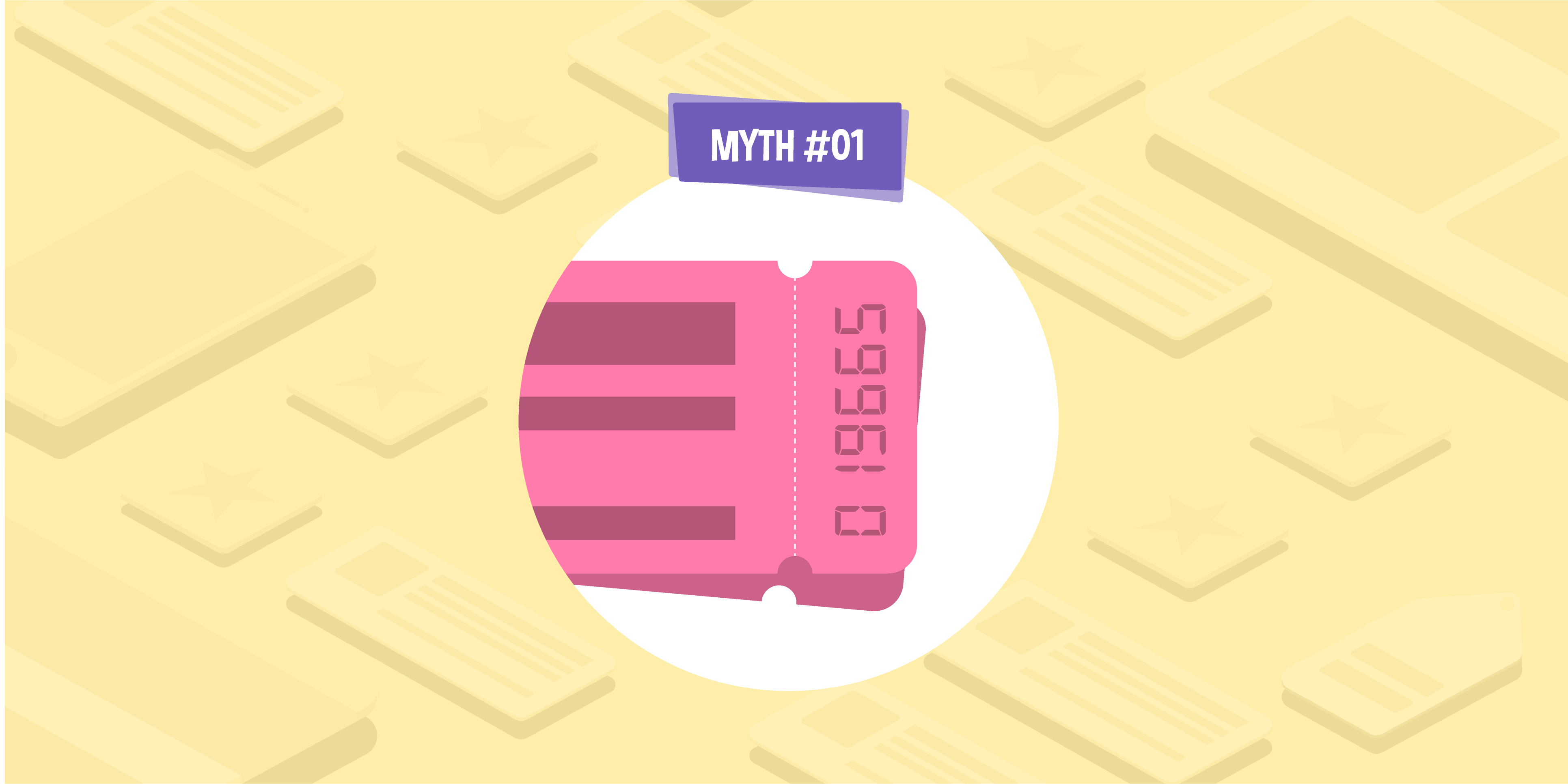
- 20 Aug 2019
- 4 Min read
5 tips for competing on the high street with local SEO
- by Emily Park
If you own a local business, you’ll want to give yourself the best chance of outranking your neighbours on Google’s SERPs. In order to do this, you need to gain an understanding of local SEO. So, we’re going to explain how you can compete against similar companies that are operating in the same town, city, or region as you — we’ll discuss what local SEO is, and how you can get the most out of this aspect of digital marketing.
What is local SEO and why is it important?
As the name would suggest, local SEO is a branch of search engine optimisation that specifically refers to local businesses. For example, if you own a flower shop in Newcastle-upon-Tyne and someone in the area searches “florists near me” or “flower shops Newcastle”, you’ll want to rank highly in the results. This means helping Google, and users, understand where you’re based and what you have to offer.
50% of people who perform a local search on their phone, and 34% of those who do so on a computer or laptop, will visit a physical shop within 24 hours, according to Search Engine Journal. And, 18% of local mobile searches result in a same-day sale. This just goes to show how having a local SEO strategy can boost your visits and sales.
So, what steps do you need to be taking to grab the attention of people in your area who are looking for your products and services?
Update your Google My Business Listing
If you haven’t already, it’s vital that you start your local SEO journey by claiming your business on Google My Business. This is completely free to do and will give you the best chance of showing up on Google’s SERPs when someone searches for local businesses like yours. It will also allow you to claim a place on Google Maps, so it’s much easier for people to find your shop or venue.
As we explained in our guide to getting the most out of your Google My Business listing, there are plenty of other benefits, too: for example, you can let potential visitors know your opening times, as well as publicise your phone number and point people in the direction of your website — it’s vital that you always keep these details up to date, so searchers can find the information they’re looking for quickly and easily.
Through your Google My Business listing, you’ll also be able to share photos and respond to reviews, which can help you to build a positive reputation and forge a relationship with customers and potential visitors.
Create local content
In the world of SEO, content is king. And, this is still the case when we’re talking about dominating the local SERPs. To compete against similar businesses in your area, you need to be creating content that’s specific to your location. This will help to send even more signals to Google, letting the search engine know where you’re based, and help to engage your target audience.
But, it’s not enough to simply create any old content about the area you live and work in — the information you’re offering also needs to be relevant to your customer base. So, think about what kind of local content they’ll be interested in. For example, if you have a dog walking business, you could produce blog posts highlighting the best local walks and dog-friendly pubs. Or, if you own a boutique hotel, you could create guides to the best attractions nearby. It’s likely you’ll find promoting complementary businesses in your area particularly fruitful, as it’s a great way to get more social shares and could even lead to you building external links to your site organically.
Ensure your site clearly shows your NAP (and that it’s consistent)
It’s important that your business name, address, and phone number (NAP) are clear and easy to find on your website. Not only that, but they need to be consistent across all channels — so, as well as always ensuring your information is up to date, it needs to be stylised in the same way. For example, if you’ve shortened “Street” to “St.” on your site, this is how you should spell it everywhere. Copying and pasting your NAP every time you’re adding it to a web or profile page can help with this.
Build some local links
We’ve already explained why link building should be part of your SEO strategy in a previous blog post but, as you might expect, specifically securing links on local sites can do a great deal for your local SEO.
It’s best to build high-quality links on the likes of local news, community, and industry sites, although links from other local businesses can be very valuable, too.
Of course, community is at the heart of local link-building, so you might find that you ned to invest some time and possibly even money into giving sites a reason to link to you. For example, you could sponsor an event in your city or carry out some volunteer work on your company’s behalf. Not only will this help to spread the word about your business, but it’ll give people a reason to write about you, which is how you gain natural links to your site.
Encourage your customers to leave reviews
The latest Moz Local Search Ranking Factors study claims that customer reviews are high up on the list of the most powerful local ranking factors. So, it’s worth encouraging your visitors to post their thoughts about your business online — the volume of reviews you have, how often they’re posted, your ratio between positive and negative reviews, and how many of your reviews that include certain keywords will all be considered.
Positive customer reviews will also help people to decide whether they want to visit your establishment and will contribute to what kind of reputation you have.
Google is the most popular review platform when it comes to rating small businesses, and attracts a lot more posts than even its closest rival, Facebook. So, let your customers know you would appreciate a review and always respond to them in a timely manner — either to thank them for their kind words or remedy any problems they might have.
If you’re a local business owner, it’s vital that you take steps to improve your local SEO, as it’ll give you the best chance of showing up in Google’s SERPs when someone in your area searches for your products or services. If you would like an SEO agency to help with this, get in touch to discuss what we can do for you.

